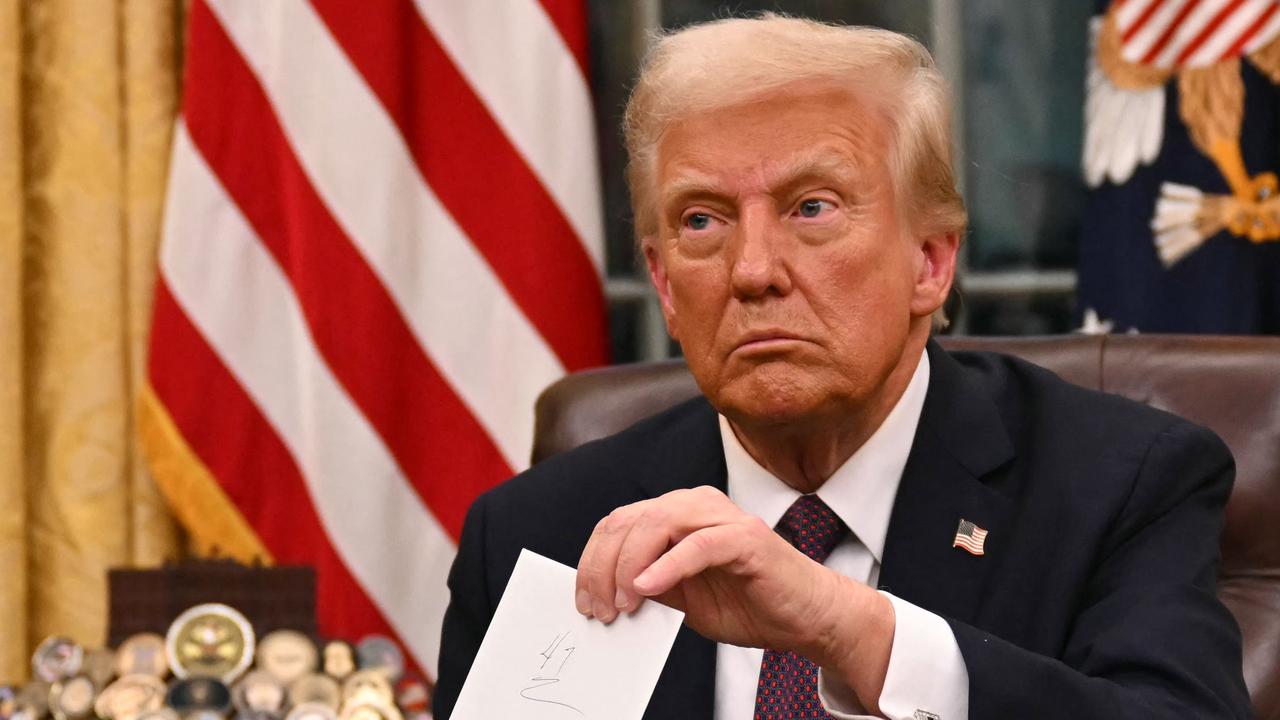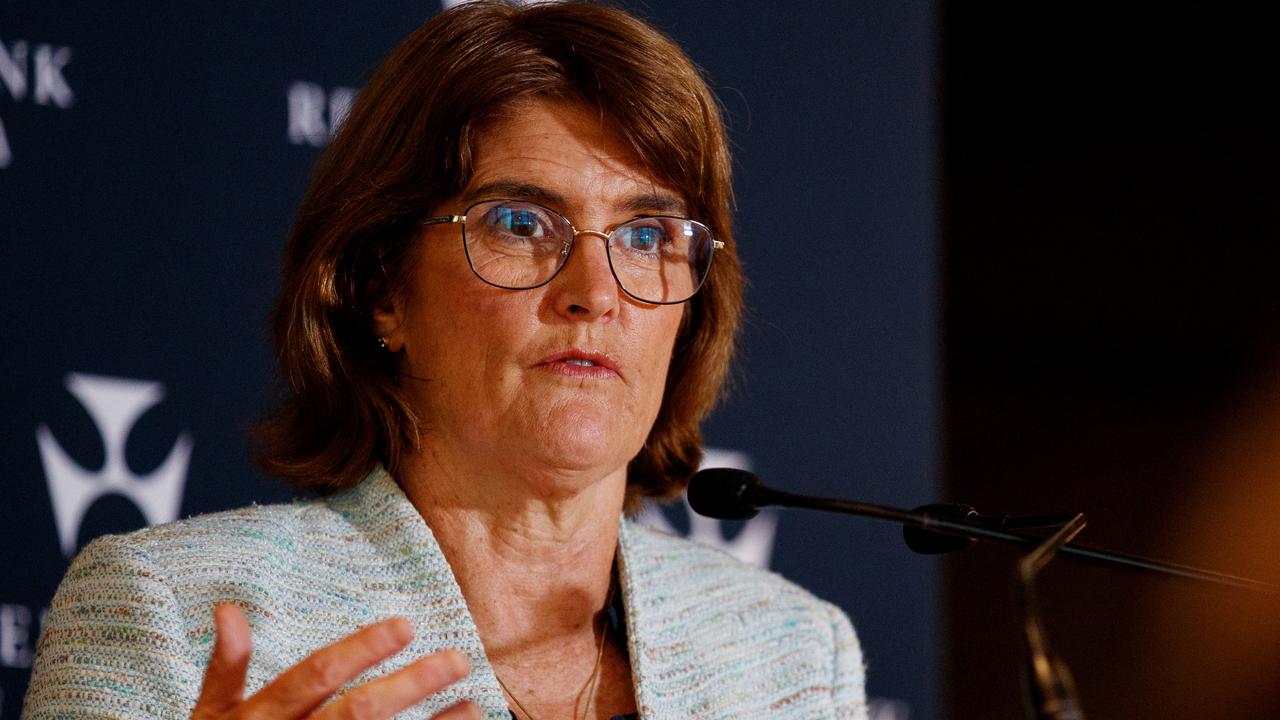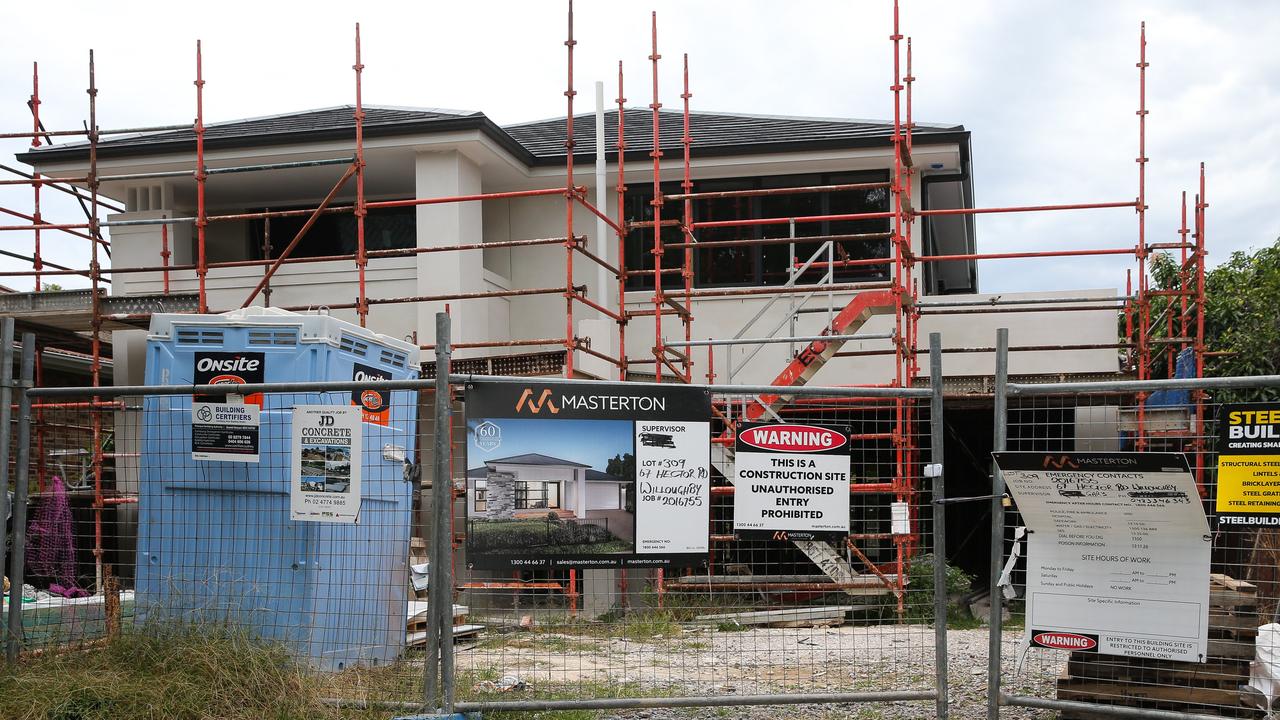Banks refuse to pass on latest interest rate cut
THE big banks are refusing to bow to pressure from angry home buyers and politicians to pass on the latest official interest rate cut.

THE big banks are refusing to bow to pressure from angry home buyers and politicians to pass on the latest official interest rate cut.
The decision by NAB and the Commonwealth to hold back will cost customers up to $45 a month on the average $300,000 loan.
ANZ and Westpac had yet to say how much they would pass on - if any.
The Reserve Bank cut the cash rate by 0.25 per cent to 3 per cent - the lowest since 1960 - to kick-start the economy.
But the NAB left its rates unchanged while the Commonwealth cut its rate by a bare minimum 0.1 per cent. Both cited higher costs despite between them recording a profit of $9.3 billion.
Treasurer Wayne Swan blasted the big banks for refusing to pass on the savings.
"Many Australians will see this as a slap in the face for people who are working hard to pay off a mortgage during this global recession," he said.
NAB kept its standard variable rate at 5.74 per cent and CBA cut its equivalent rate by 0.1 per cent to 5.64 per cent. Both blamed the high cost of funding for the decision.
But a fortnight ago Reserve Bank governor Glenn Stevens said funding costs "have come down a lot . . . and that's why loan rates have been able to come down".
Australia's banks also benefited from Rudd Government action in October to guarantee deposits and allow them to borrow on international credit markets using the Government's credit rating.
In the past five months, rate adjustments have slashed about $800 from monthly repayments on a $300,000 mortgage.
The latest reduction follows a 1 per cent cut in February, and a March decision to leave rates on hold.
It comes amid growing fears over unemployment, with more than 47,000 Australians joining the dole queue last month and the jobless rate set to climb above 7 per cent.
Mr Stevens said yesterday's cut would work with the Government's stimulus package to "provide significant support to domestic demand over the period ahead".
The first wave of $900 economic stimulus payments hit bank accounts yesterday, and cheques were to start arriving in letterboxes today.
Mr Stevens said the economy was contracting and demand for labour was weakening, slowing wages growth.
"Hence inflation over the medium term is likely to be lower than it has been over the past two years," he said.
While demand for credit was weak overall, home loans were picking up.



